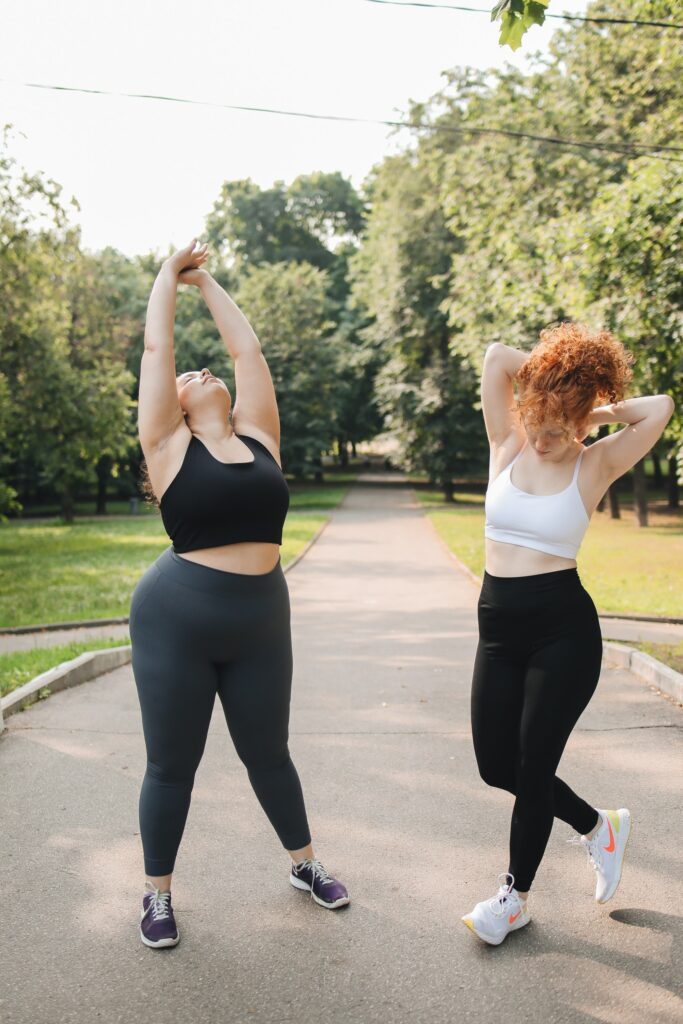The Weight Our Words Hold
Although people throughout the generations have been concerned about appearances, social media has created a powerful new way for us to talk about each other’s looks. Celebrities from Bebe Rexha to Jonah Hill have even had to call out fans for talking about their bodies. Interestingly, the fascination — and compulsion to comment — seems to hold true whether these famous people gain or lose weight.
So when it comes to unsolicited comments about our looks, what bothers us the most? Can we ever talk about someone’s appearance? If so, are some ways (and words) better than others? A new StyleSeat survey addresses this topic to find out what comments we’re tired of hearing, who criticizes us the most, and how we can talk about our bodies in a more positive way.
Comments about our weight are the most common
As you may expect, the number one unsolicited comment people hear is about how much they weigh. Over two-thirds of Americans said someone has talked about their weight. Sadly, it is also the number one comment people hate the most. An overwhelming 76% of respondents choose weight as the worst subject to mention about someone’s appearance.
While no one likes to hear negative comments about their size, some words hurt more than others. The worst offender by far is the word “fat,” with 71% of Americans considering it offensive. A distant second and third on the list of negative words for someone who looks overweight are “chunky” (47%) and “chubby” (43%). In contrast, only 5% of people view “curvy” as a negative term, and only 8% dislike “full-figured.”
Although it can be tempting to assume that thin people aren’t as self-conscious, words can hurt them as well. When describing someone who looks underweight, 39% of Americans feel that “lanky” (39%) is the worst term to choose. Survey respondents also didn’t take too kindly to the words “skinny” (24%) and “delicate” (22%), considering them both offensive. Better options? “Slim,” “lean,” and “slender,” with only a handful of respondents viewing these as negative terms.
Moms have the biggest impact
While friends, spouses, and even strangers may comment on our bodies, no one does it more often than our own mothers. Nearly two-thirds (32%) of respondents say their mom comments the most on their body changes. Grandma makes the list in a somewhat distant second place with 15%. Surprisingly, co-workers come in third (13%), above our friends (12%) and our partners (7%).
That means that nearly half (47%) of Americans name a family member as the person who comments most on their bodies. This is truly unfortunate since psychologists say negative attitudes toward weight within a family can increase the chances of eating disorders in children. Frequent weight-related talk by mothers, for example, is associated with more binge eating, more extreme weight control behaviors, and more symptoms of depression in their teenage daughters.
What You Can Do To Help
While you may be trying to help when talking about someone’s appearance, remember that a large majority (75%) of people have felt ashamed after hearing a negative comment about their body. What might be even more upsetting is that nearly half (48%) of people agreed with these negative comments.
For the mothers out there, if you feel the need to say something to your children about their bodies, try to focus on health versus weight. Things like staying active and eating balanced meals are more important than how much you weigh or how certain clothes fit. Focus on people’s other qualities outside of appearance. Talk about how kind or funny someone is instead of how they look.
For friends and strangers, it’s best to refrain from commenting on their bodies at all. Most Americans surveyed said even if comments about their appearance are positive, they would rather not hear anything. In fact, over half (59%) say they have trouble accepting compliments about their looks.
If there is one overarching conclusion from the survey, it’s that we need to be more cautious when talking about other people’s appearances — a whopping 88% of respondents agree.
StyleSeat surveyed 997 Americans about their experience and thoughts on talking about someone’s appearance. Respondents ranged from 18 to 76 years old.

